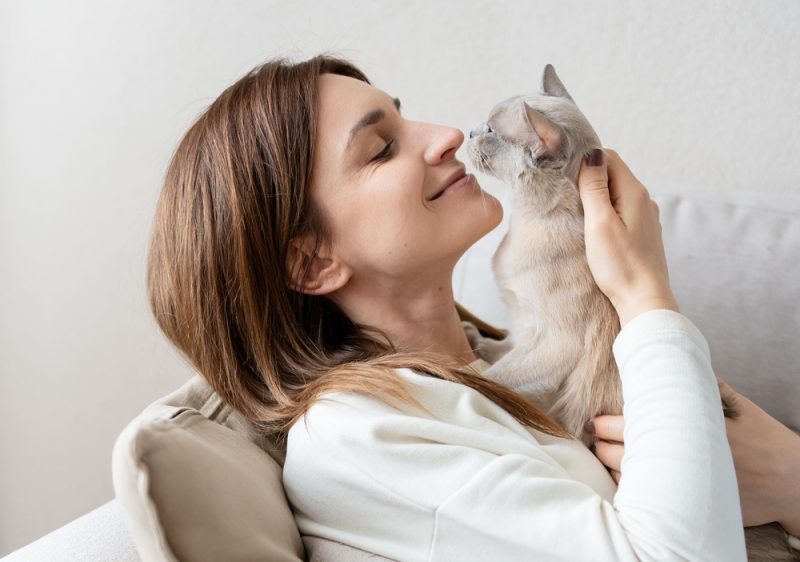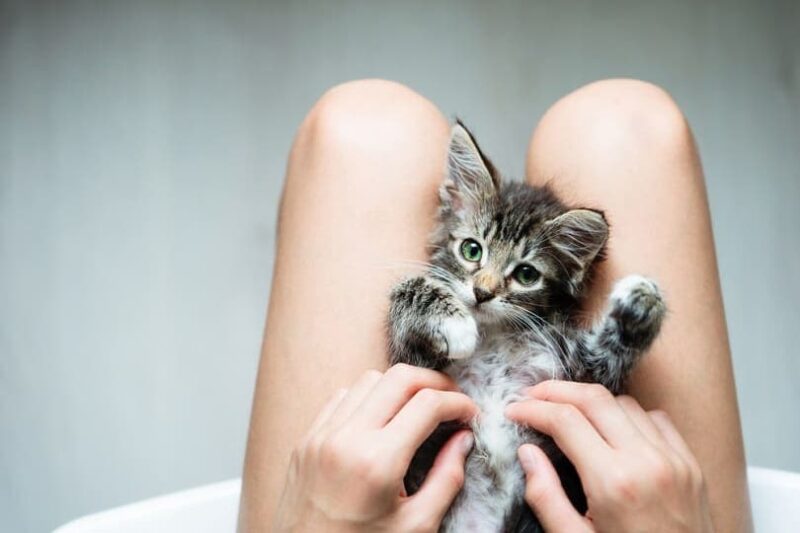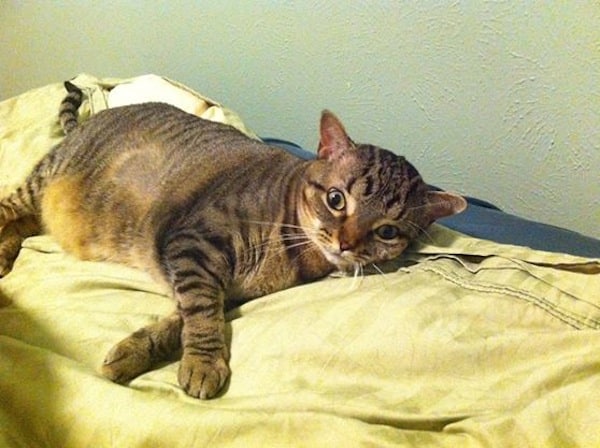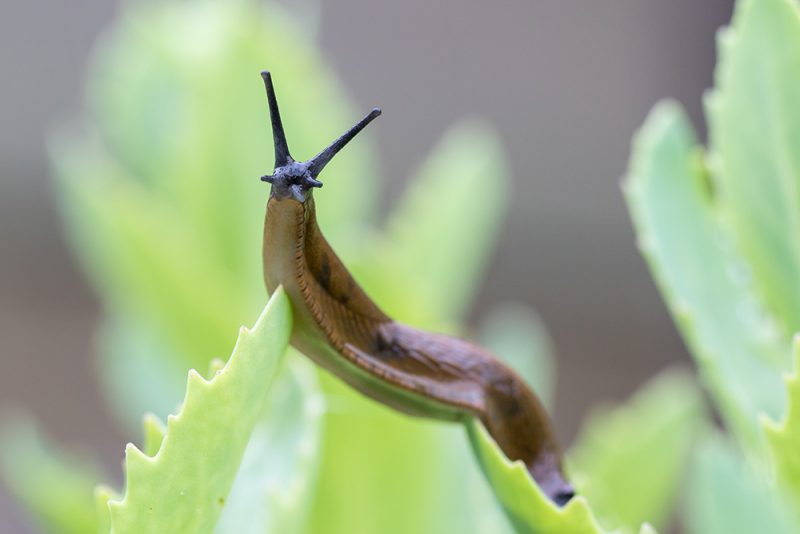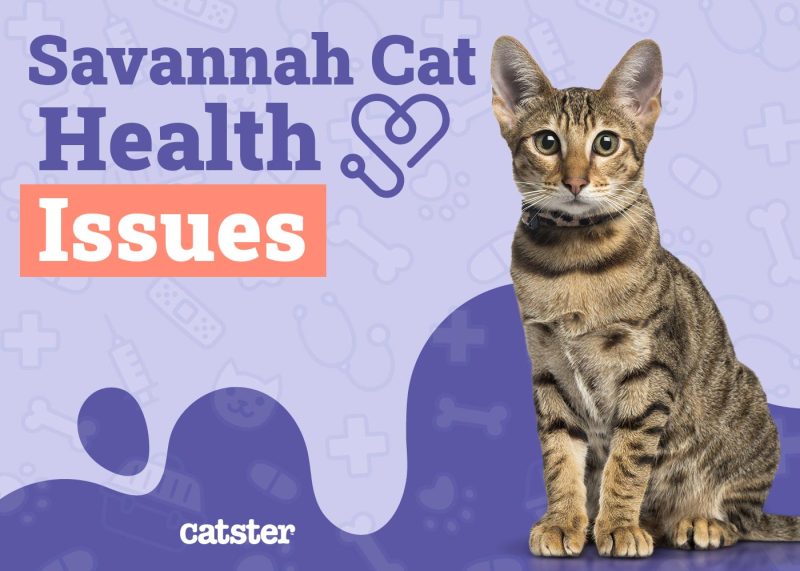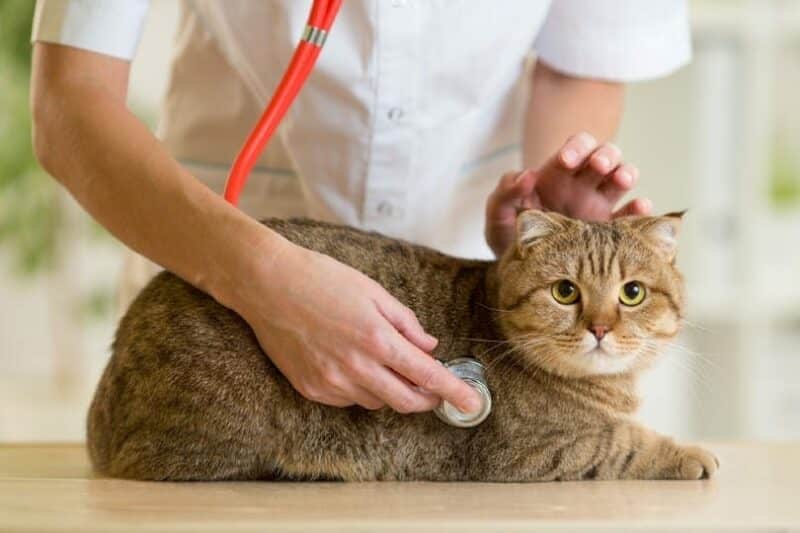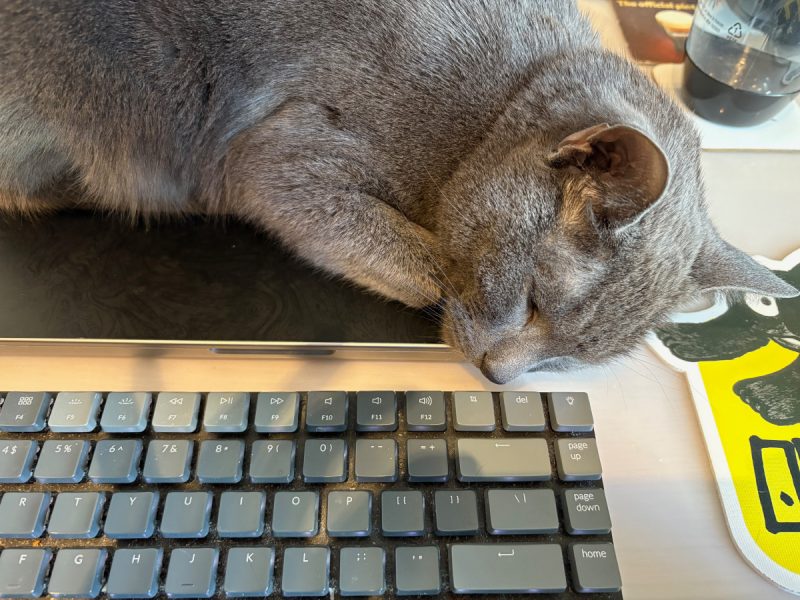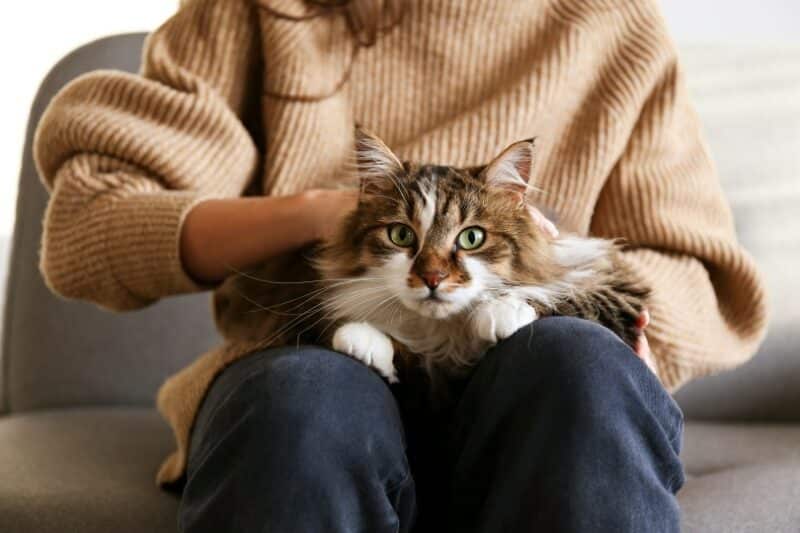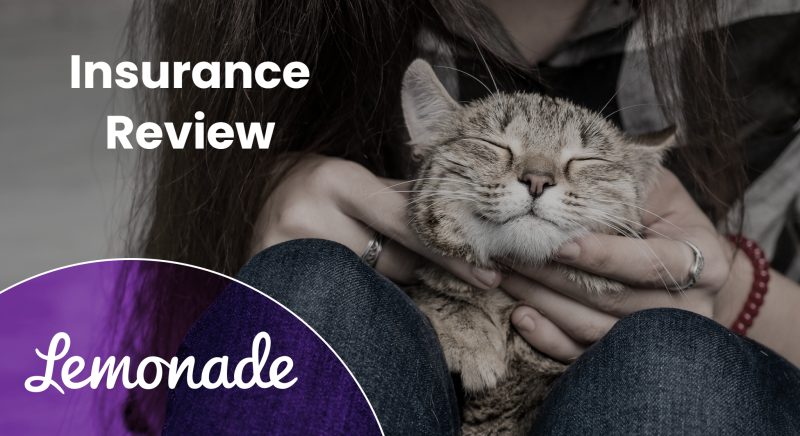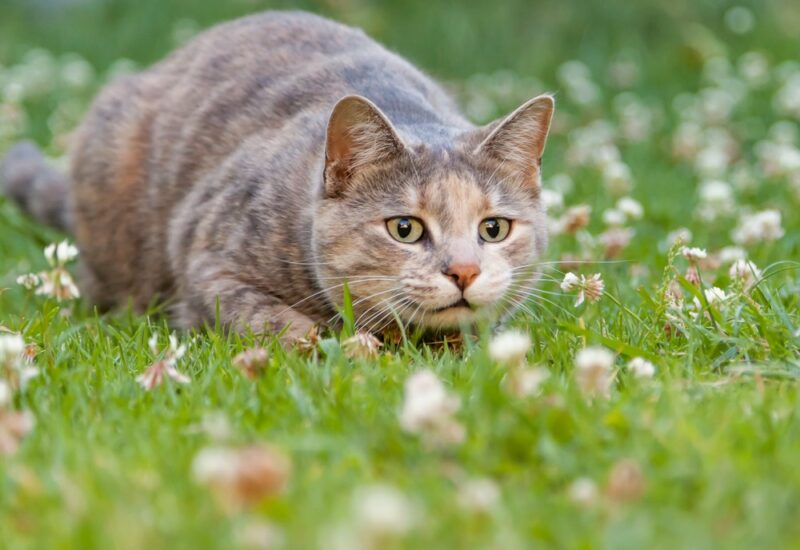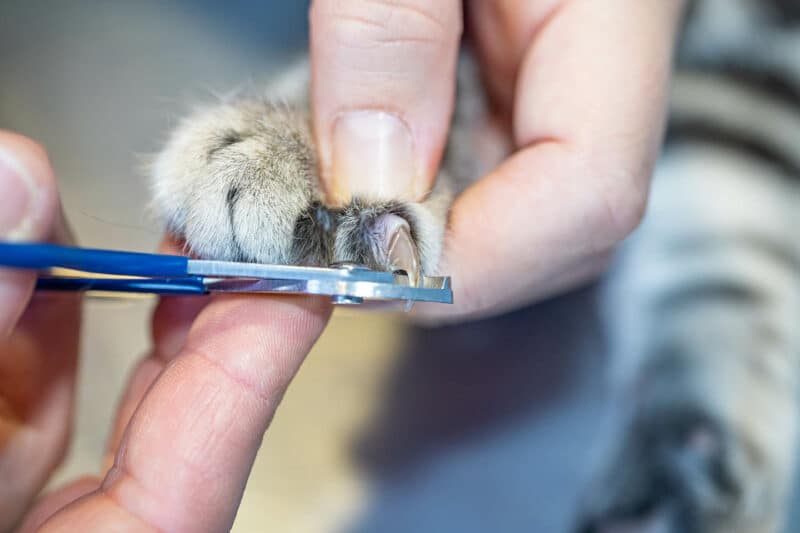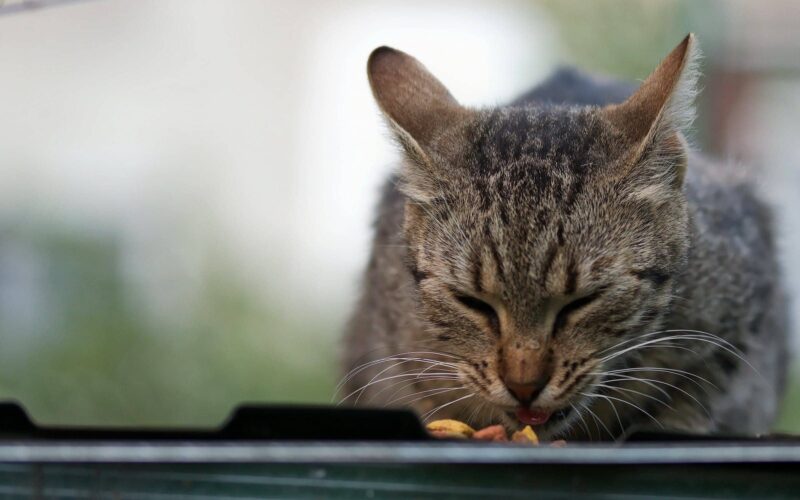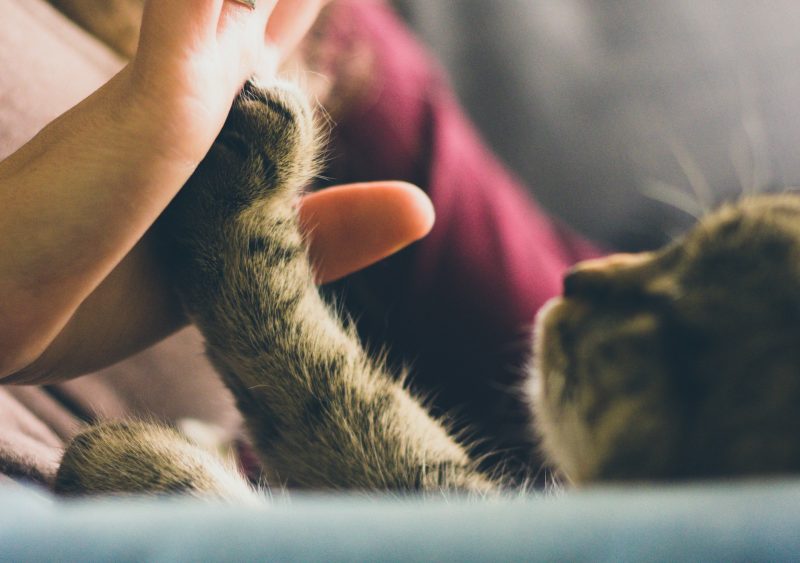In this article
Some of the things that your cat does might leave you feeling a little confused, and licking your nose is one of those things! So, why do cats lick your nose? There are many different reasons for this behavior, and we rounded up the top nine.

The 9 Reasons Why Your Cat Licks Your Nose
1. To Show Affection
Mother cats spend a great deal of time licking their kittens, not only to keep them clean but also to shower them in affection. Kittens will learn to copy this behavior. So, if your cat is still young, they may be licking your nose as a way to show that they feel a connection with you.

2. As a Form of Social Bonding
Cats lick, clean, and groom each other as a way to bond. If you have multiple cats, you might see them grooming each other. The same applies to us! Some cats like to lick their owners as a way to reinforce the bond between you two. Sometimes that adorable behavior includes a lick on your nose!
3. To Clean You
We know that your nose probably isn’t that dirty, but some cats like to lick their owners in a bonding exercise that can tip over into trying to keep you clean too! Some cats love to spend a great deal of time grooming their feline friends, and if they’re all doing something else, they may start cleaning you instead. They’ll naturally focus on areas of skin rather than clothing, so expect your hands and face to be licked!
4. To Obtain Salt from Your Skin
As we sweat, natural salts get left on our skin as the sweat evaporates. Some cats find this irresistible and will try to lick your face (including your nose!), hands, and other areas of exposed skin, in an attempt to get a little bit of salt.
5. To Show That They Love You
Some cats love to show their affection for their owners, either through snuggling up on their lap for a cuddle or giving them a lick. If your cat is relaxing on your chest, then this lick might end up on your nose!
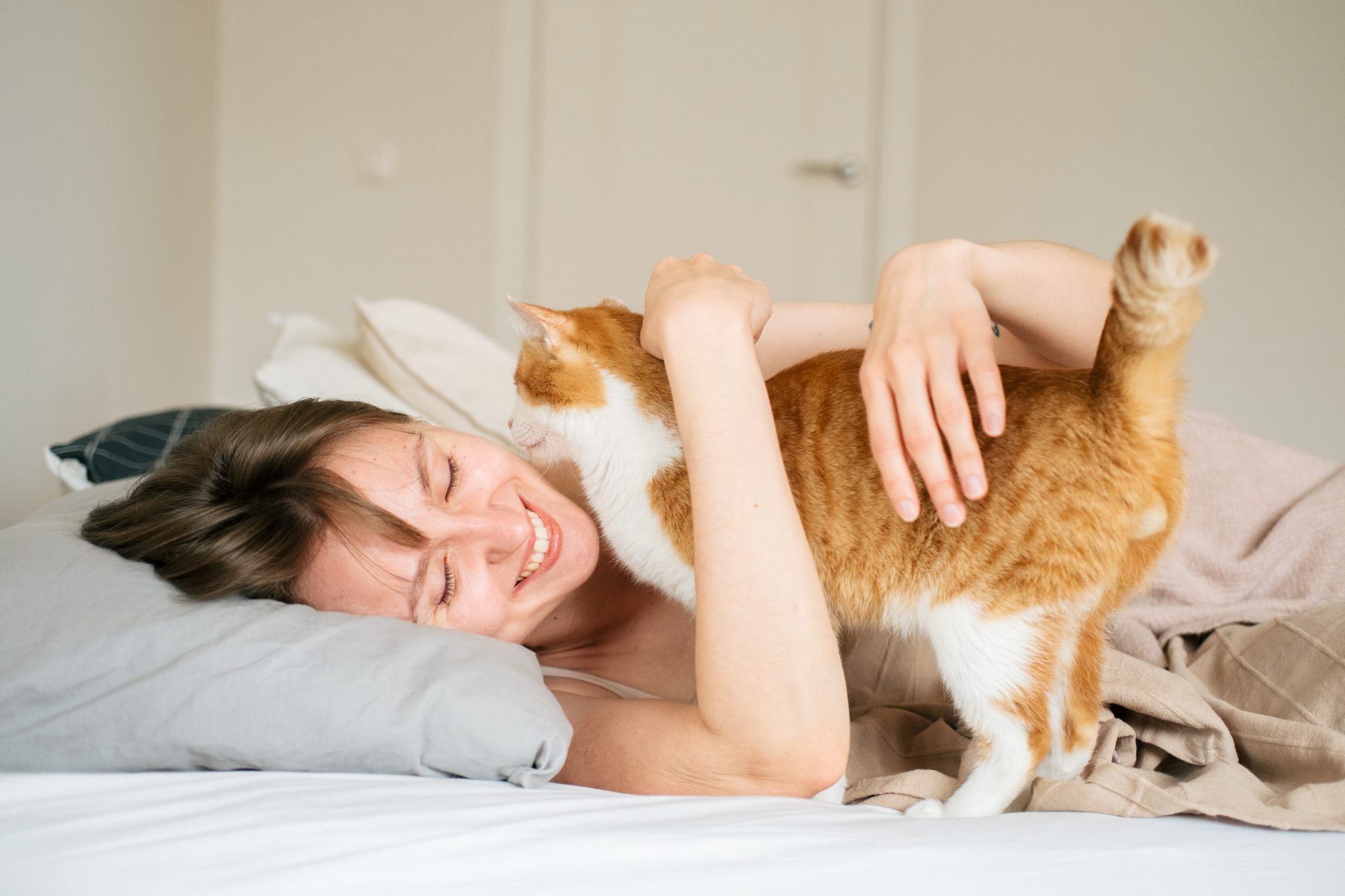
6. To Show That You Belong to Them
Cats are relatively territorial and like to mark their property by transferring their scent onto it. Sometimes, this can involve rubbing on the side of your couch to leave pheromones behind, and other times, it might be a lick on your nose to tell other cats in the house that you’re theirs!
7. As a Soothing Sensation
Cats love the sensation of being groomed, which is one of the reasons that they spend up to 50% of their waking hours cleaning and grooming themselves. Some cats might transfer this soothing behavior toward their owners as well.
8. To Show That They Want Attention
Depending on the personality of your cat, they may signal that they need attention by giving your nose a lick. Clever cats know that if they lick your hand, they may be ignored, but heading straight to your face is a sure-fire way to get what they want!
9. To Show That You’re a Member of Their Family
Cats often groom and lick other members of their cat family that they’re closely bonded to. By licking your nose, your cat is indicating that they consider you to be part of their family unit as well. That’s the biggest compliment of all!

How to Stop Your Cat from Licking Your Nose?
Some cat owners might find this behavior cute, but others would prefer not to have their nose licked! With most undesirable behaviors, including nose licking, the best solution is to re-direct your cat’s attention elsewhere.
You may start to notice the signs that your cat is approaching you to give you a lick. If you don’t want that to happen, simply get them engaged in something that makes the nose-licking physically impossible, such as playing with a toy or chasing a laser pen. It is important that you do this beforethe nose-licking.
Most cats love playing, so if you want to extinguish this behavior, playing should not be a consequence of licking your nose. Likewise, if the cat has licked your nose, calmly put your cat down where he cannot reach your nose and ignore the cat for a short period of time (roughly 5 minutes). If you do this every time, chances are that the behavior will become less frequent.
Remember to give your cat an occasional treat when he is displaying affectionate behaviors that you do enjoy. In this way, the cat will learn how to cuddle their human properly.
Don’t roughly push your cat away or otherwise punish them for trying to give you a lick. Remember, this behavior is just them trying to tell you something the best way that they know how. As responsible cat owners, it is up to us to be the detectives and find out what our cat needs!
See also:
Featured Image Credit: Julija Sulkovska, Shutterstock
